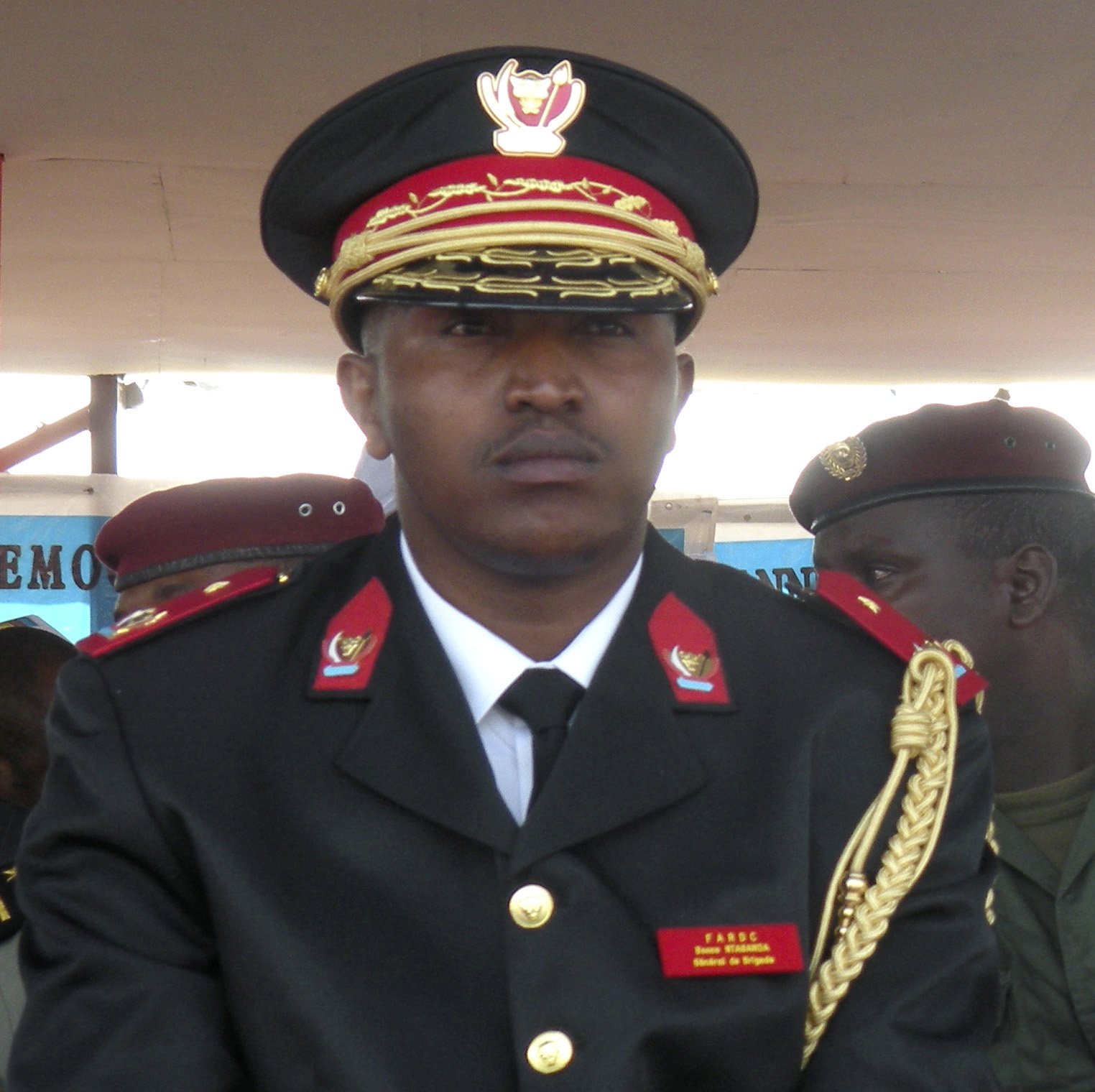
The recent turbulent events on the ground in eastern Congo present a unique opportunity for the Congolese government to finally take steps to arrest Bosco Ntaganda and deliver him to justice. In a new report released today, “Taking the Terminator: Congo’s Golden Opportunity to Deliver a Warlord to Justice,” the Enough Project provides background information on Ntaganda and his rebellion, describes the implications of his recent mutiny, and offers recommendations for the U.S. and partner donor nations.
Ntaganda, a former warlord who is wanted by the International Criminal Court, was until recently living with impunity in Goma as a general in the integrated Congolese army. In late March 2012, Ntaganda defected from the Congolese army and launched a rebellion against the government from his stronghold in eastern Congo. His defection and resumption of hostilities makes it abundantly clear that Ntaganda is not a so-called “lynchpin to security,” but rather a hindrance to peace and development in the region.
Ntaganda’s defection has created a seismic shift in the security landscape of eastern Congo. Not only did Ntaganda leave the formal military structure but he also took with him senior-level commanders and approximately 600 hundred rank-and-file soldiers. These troops have now chosen mutiny over loyalty to the state, creating a significant rift in the security sector, prompting open rebellion, and diminishing the state’s already circumscribed ability to protect civilians.
Ntaganda’s defection and subsequent rebellion will resonate beyond the security sector as an impediment to progress for all of Congo’s interconnected issues, affecting democratization, security sector reform, justice reform, and mineral sector reform. Therefore, the rebellion must be addressed immediately in order to seize the opportunity to rid the region of Ntaganda and his rebel forces and bring accountability and justice to the region. Despite the uncertainty of the security situation, Ntaganda’s actions have prompted the Congolese government to take action to arrest Ntaganda.
The paper makes the following recommendations to the U.S. government and partner donor nations:
- Support and pressure to the fullest extent possible the governments of Congo and Rwanda to arrest Bosco Ntaganda and the remaining defecting senior commanders and deliver them to justice.
- Urge the establishment of the Specialized Mixed Courts system to try war crimes and crimes against humanity in Congo.
- Maximize this opportunity to put pressure on the government of Congo to implement renewed security sector reform, including professionalization of troops and increased attention to civilian protection.
- Leverage the fact that Bosco Ntaganda is bad for business in the region in order to prompt credible efforts for his arrest on the part of the governments of Congo and Rwanda.
Aaron Hall, the report’s author, noted, "Bosco Ntaganda has become the antithesis of security and development in Congo and his continued existence in the region remains anathema to any meaningful reform—not only in eastern Congo, but the country as a whole."
This sentiment was echoed in an unprecedented letter sent last week to U.S. Secretary of State Hillary Rodham Clinton and other influential leaders calling for support in the arrest of Bosco Ntaganda. The Enough Project led the coalition of 142 U.S., European, and Congolese organizations who signed on to the letter.
To accompany the paper, the Enough Team has also compiled a timeline of events leading to Ntaganda’s defection and chronicling its aftermath.
View timeline infographic full-screen
Read the full report and the complete timeline.
Photo: Bosco Ntaganda (AP/Alain Wandimoyi)

